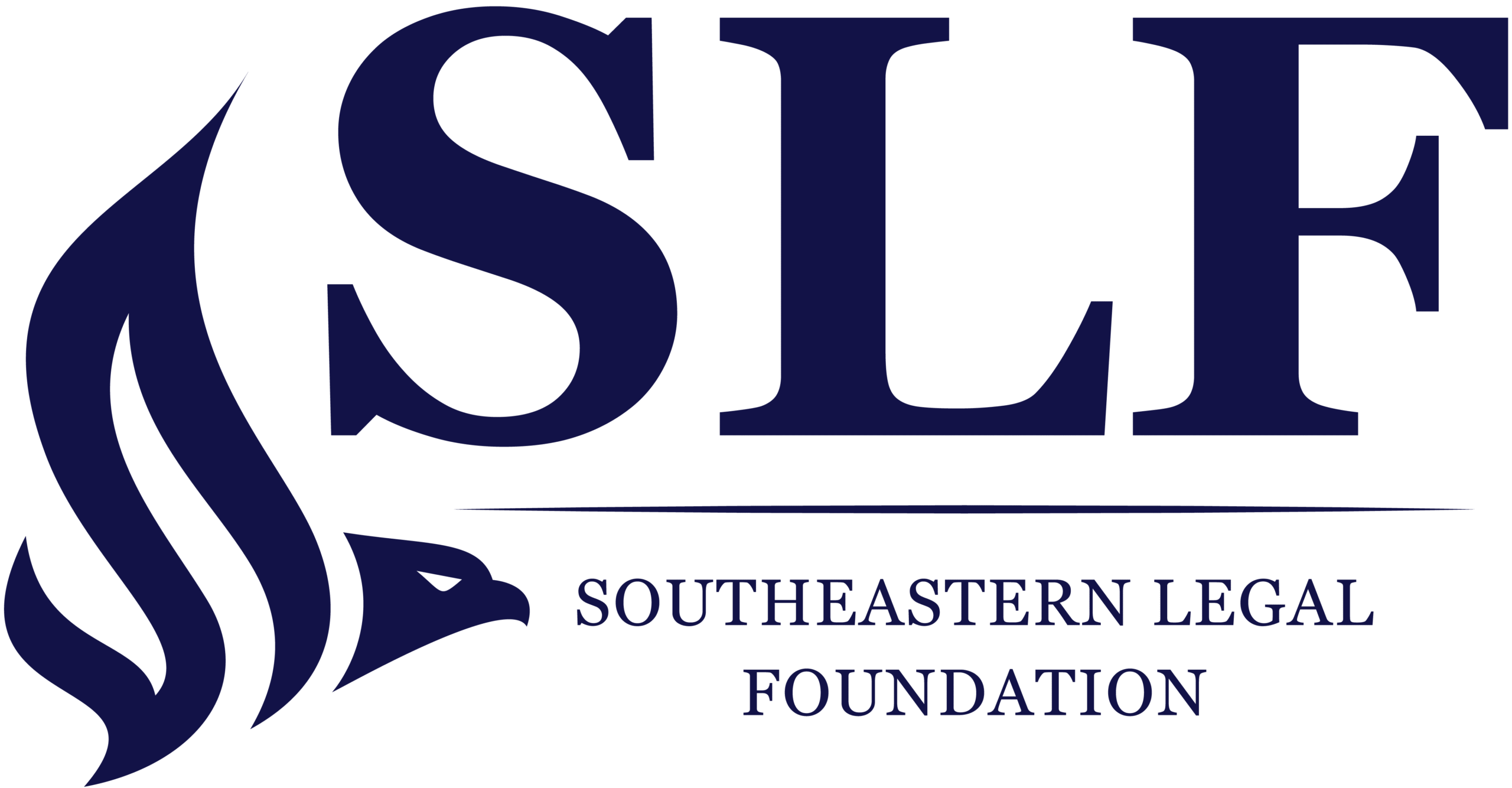Southeastern Legal Foundation (SLF), Job Creators Network, Texas Public Policy Foundation, and the Defense of Freedom Institute filed an amicus brief supporting a group of Herring fisherman who are fighting to protect their family businesses from federal regulators who seek to force them to pay for “observers” on their boat to watch for fishing violations. SLF and its partners urged the United States Supreme Court to rule in favor of the fishermen in this case.
This case began when the National Marine Fisheries Service (NMFS), the federal agency in charge of monitoring the fishermen, ran out of money to pay for its own observers. Its solution was simple: make a rule demanding the fisherman pay for it. Even though no statute specifically authorized this action, the lower courts ruled that they must defer to NMFS’s interpretation of its own powers. In this case, SLF has asked the Supreme Court to finally reject the principle that agencies are entitled to deference when assessing the scope of its powers. This case was brought by the Cause of Action Institute.
Read More
Allowing agencies to determine the scope of their own powers runs straight into separation of powers problems. When Congress delegates the rulemaking function to agencies using cryptic and open-ended phrases, the problem is far more acute. The Supreme Court should use this case as an opportunity to place guardrails on agency overreach.
This is SLF’s most recent action taken to protect American fishermen from regulatory overreach on the part of National Marine Fisheries Service (NMFS). SLF successfully urged the Supreme Court to accept this case in support of the Petitioners. SLF also asked the Supreme Court to take up in another case involving this rule. And SLF recently filed comments challenging NMFS authority to set a speed limit and curfew on boaters in the Florida Gulf, criticized by SLF as “illegal and unconstitutional.”
